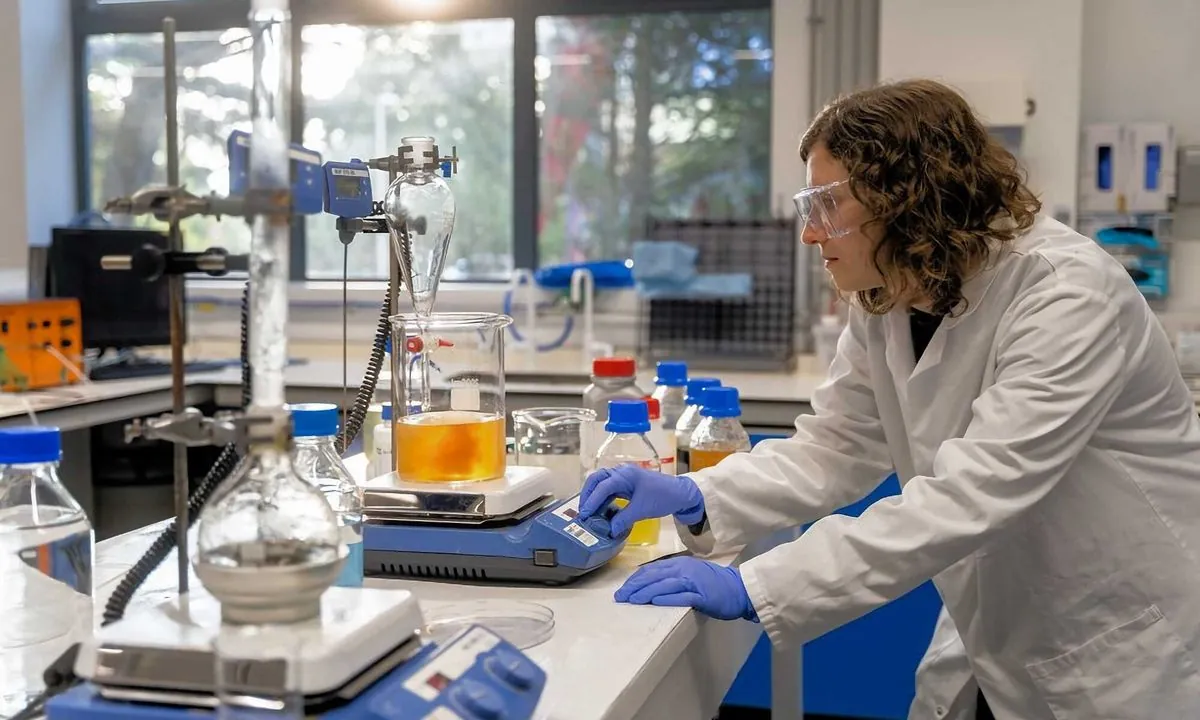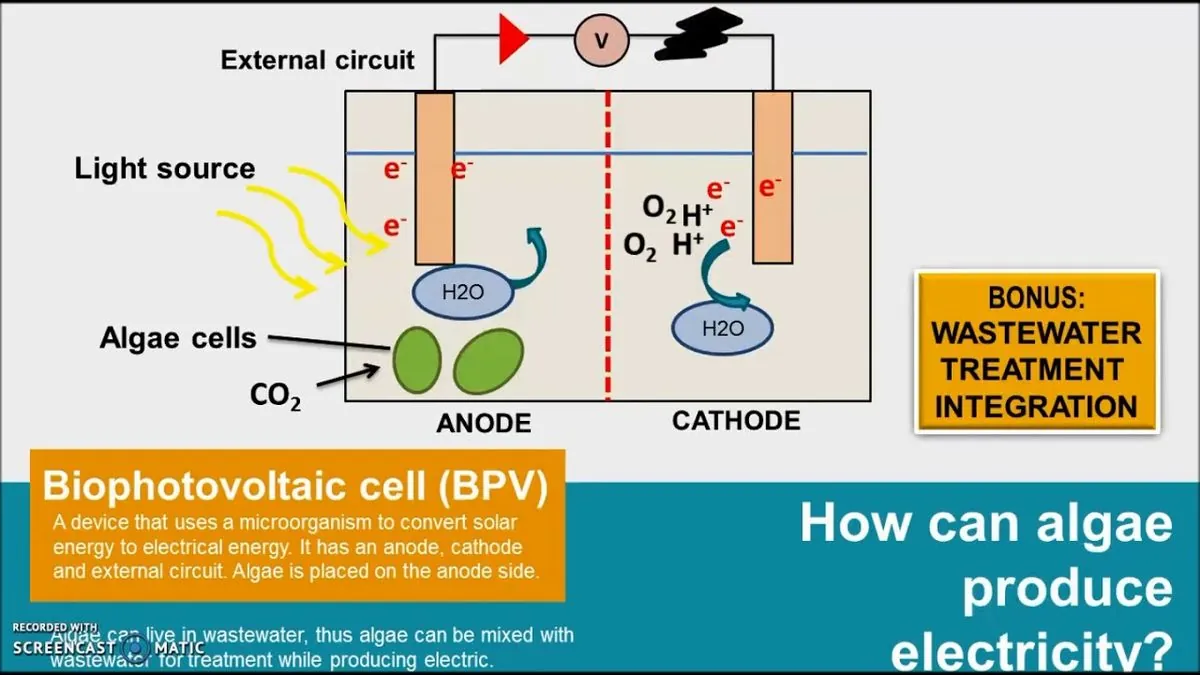Chilean Scientists Explore Seaweed's Potential as Eco-Friendly Power Source
Researchers at the University of Santiago are investigating seaweed's capacity to generate electricity through biophotovoltaics. This innovative approach could offer sustainable energy solutions in specific applications.

In a groundbreaking study at the University of Santiago, Chilean researchers are delving into the potential of seaweed as an eco-friendly power source. The team is focusing on biophotovoltaics, a field that harnesses photosynthetic organisms to convert light into electrical energy.
Federico Tasca, the project leader, explains the process: "Algae use light to oxidize water, releasing electrons in the process." These electrons are then captured in electric circuits, with oxygen as a beneficial byproduct. The scientists apply seaweed to electrodes on biophotovoltaic panels, similar to solar panels but utilizing living organisms.
This research builds upon previous studies that primarily used microalgae. However, Tasca highlights the advantages of macroalgae (seaweed): "Macroalgae are more hardy, easier to work with, easier to harvest." This approach could potentially revolutionize sustainable energy production, as seaweed is one of the fastest-growing organisms on Earth, capable of growing up to 60 cm per day.
While the current efficiency of this process is limited, the team's primary focus is on improving electricity production. Tasca envisions practical applications, such as powering LED lights in areas where alternative energy sources are scarce.

The potential of algae extends far beyond energy production. Alejandra Moenne, head of the university's marine biology department, describes algae as "a treasure chest buried at sea," emphasizing their vast untapped potential for various applications, including medicine.
This research aligns with the growing global interest in algae-based technologies. The first algae-powered building, the BIQ House, was constructed in Hamburg, Germany in 2013, showcasing the practical applications of this technology. Moreover, algae-based biofuels could potentially replace up to 17% of U.S. oil imports for transportation, highlighting their significant role in sustainable energy solutions.
The study of algae, known as phycology, has a rich history dating back to the 1800s. These ancient organisms have been on Earth for over 3 billion years, predating land plants by about 500 million years. Their resilience is remarkable, with some species capable of surviving in extreme environments, including hot springs and under arctic ice.
Algae's contributions to our planet are substantial. They produce 70-80% of Earth's oxygen through photosynthesis and have been used in space missions as a source of oxygen and food for astronauts. Their versatility extends to various industries, from food production to environmental remediation.
As the global seaweed market continues to grow, projected to reach $25.7 billion by 2028, research like that conducted at the University of Santiago becomes increasingly vital. By exploring innovative applications of these versatile organisms, scientists are paving the way for a more sustainable future.
"I've always said that algae are like a treasure chest buried at sea. They're full of genes and molecules that we still don't know enough about, which could even be used for medicinal purposes one day."
This pioneering research in Chile exemplifies the ongoing efforts to unlock the full potential of algae, potentially revolutionizing various fields from energy production to medicine and environmental conservation.


































